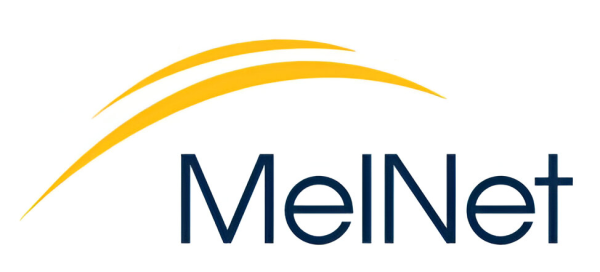Upskilling primary care nurses working in regional Australia in skin cancer prevention education and early detection provides innovative solution to meet screening needs of high-risk individuals
Background:
Early detection of skin cancer is critical for improved health outcomes. Many Australians living in regional and rural areas are at an increased risk of skin cancer yet face significant barriers in accessing skin cancer screening. Australia is reforming its current system of primarily opportunistic, General Practitioner-led screening, and will be developing a funded national program to screen for melanoma in people at highest risk.
Purpose:
To provide practical insights into the upskilling of primary care nurses working in regional Australia in skin cancer prevention and early detection.
Discussion:
Nurses, as the largest health workforce in regional areas, are ideally positioned to bridge gaps in access to crucial preventive health care, particularly using innovative technologies such as artificial intelligence and tele-dermatology. A nurse-led model can include a comprehensive education and training program, providing convenient mobile skin check clinics at large regional community events, and working collaboratively with other health professionals for follow-up care. A nurse-led approach can reduce disparities in skin cancer outcomes, improve early detection rates, and inform the National Targeted Skin Cancer Screening Program.
Conclusion:
Upskilling primary care nurses working in regional Australia in skin cancer prevention education and early detection provides an innovative solution to meet the screening needs of high-risk individuals.
Source:
Kim Gibson, Lachlan Darch, Greg Sharplin, Marion Eckert, A nurse-led model of care in response to Australia’s skin cancer crisis: A discussion paper, Collegian, 2025, , ISSN 1322-7696, https://doi.org/10.1016/j.colegn.2025.07.002.
https://www.sciencedirect.com/science/article/abs/pii/S1322769625000472
